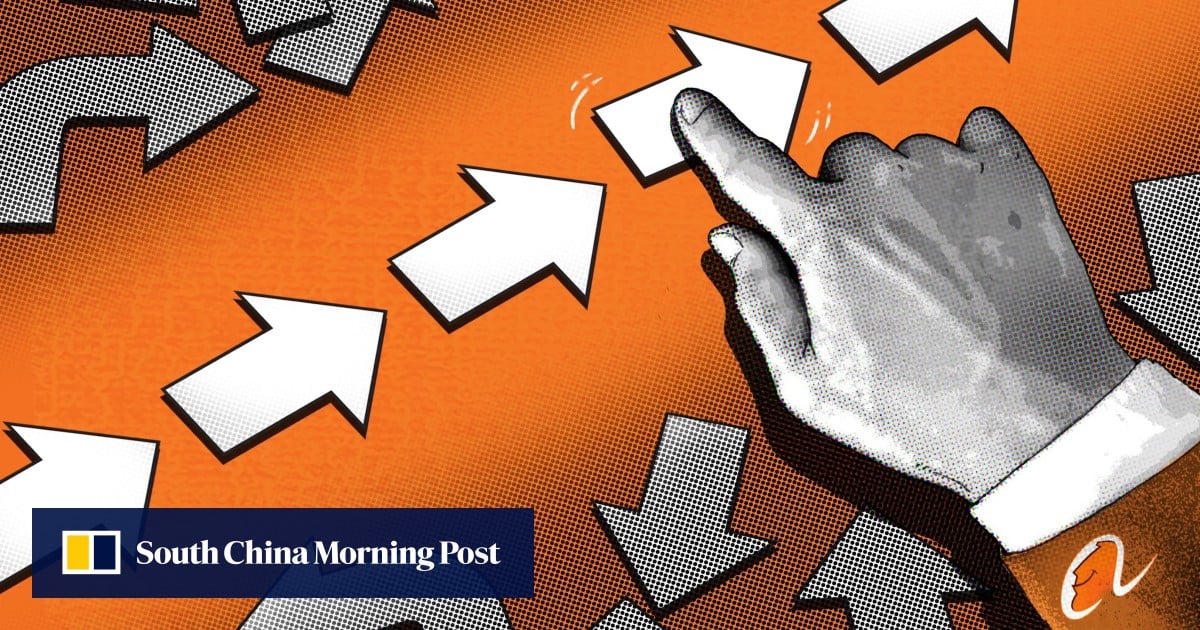By March 2023, Alibaba had lost three quarters of its value from the peak in October 2020, as the e-commerce giant, once seen as China’s answer to Amazon.com, faces questions on whether it can recapture its former glory while dealing with China’s economic slowdown, regulatory scrutiny and fierce competition from old and new rivals.
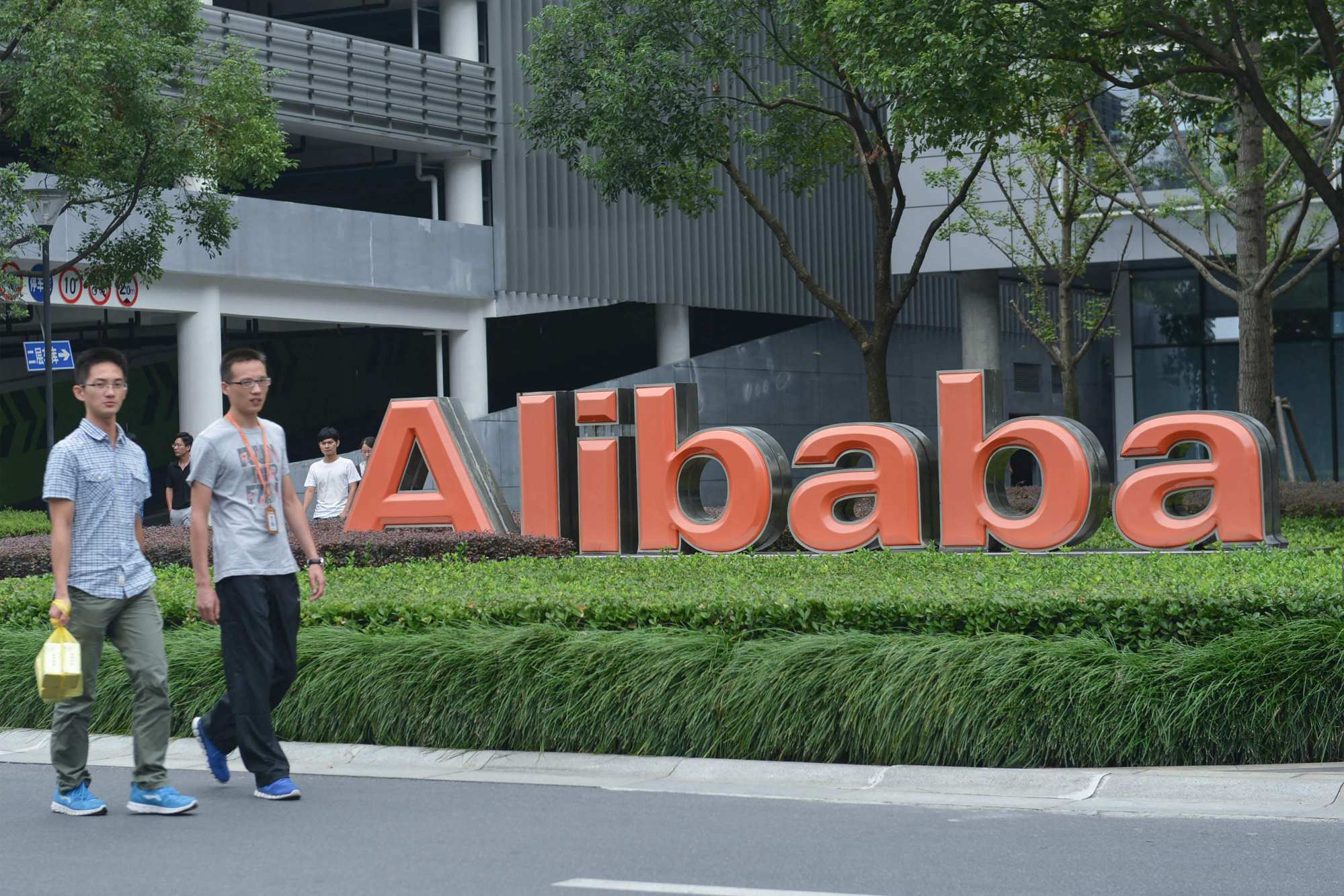
Ma, who no longer holds any management role but has become Alibaba’s largest shareholder after early investor SoftBank cashed out its stake, wrote a rare long memo to Alibaba employees this week, endorsing the changes made by Tsai and Wu and urging employees to embrace innovation.
“We made countless mistakes in the past 25 years, and we will [continue to] make mistakes in the next 77 years”, wrote Ma. “To face problems is not to deny the past, but to responsibly find the way to the future.”
In a podcast interview with Norges Bank Investment Management’s CEO Nicolai Tangen last week, Tsai also said the group has made “mistakes”.
“We have fallen behind because we forgot who our real customers are,” Tsai said. “Our customers are the users who use our apps [for] shopping, and we did not give them the best experience. In a way, we stepped on our own foot and did not focus on where we can add value.”

According to people with knowledge of the matter, Alibaba’s founders were jolted into soul searching after the company’s market cap was briefly eclipsed by PDD Holdings, even though the online budget retailer’s payroll was just a fraction of Alibaba’s.
At that time, PDD ’s market cap briefly overtook Alibaba’s, reaching US$192 billion on the Nasdaq, while Alibaba fell below US$190 billion.
As of last quarter, Pinduoduo had approximately 623 million monthly active users, while Alibaba’s Taobao had around 892 million, according to Statista.

In addition to impressing investors, PDD has also proved popular among consumers for the attractive pricing of its products. “Alibaba realised that its bread-and-butter business was under serious threat,” according to a source who was briefed on internal discussions.
“Alibaba didn’t have a solid track record under the previous leadership of Daniel Zhang,” said Chelsey Tam, a senior analyst at Morningstar. “For example, the firm wasn’t able to prevent PDD Holdings from overtaking Taobao and Tmall Group as the largest Chinese e-commerce platform by annual customers transacting on a platform.”
“Faced with competition from Pinduoduo and Douyin, Eddie Wu came [to Alibaba’s senior leadership] to do one thing, which is to stabilise the main business,” said Li Chengdong, head of internet industry think tank Dolphin.
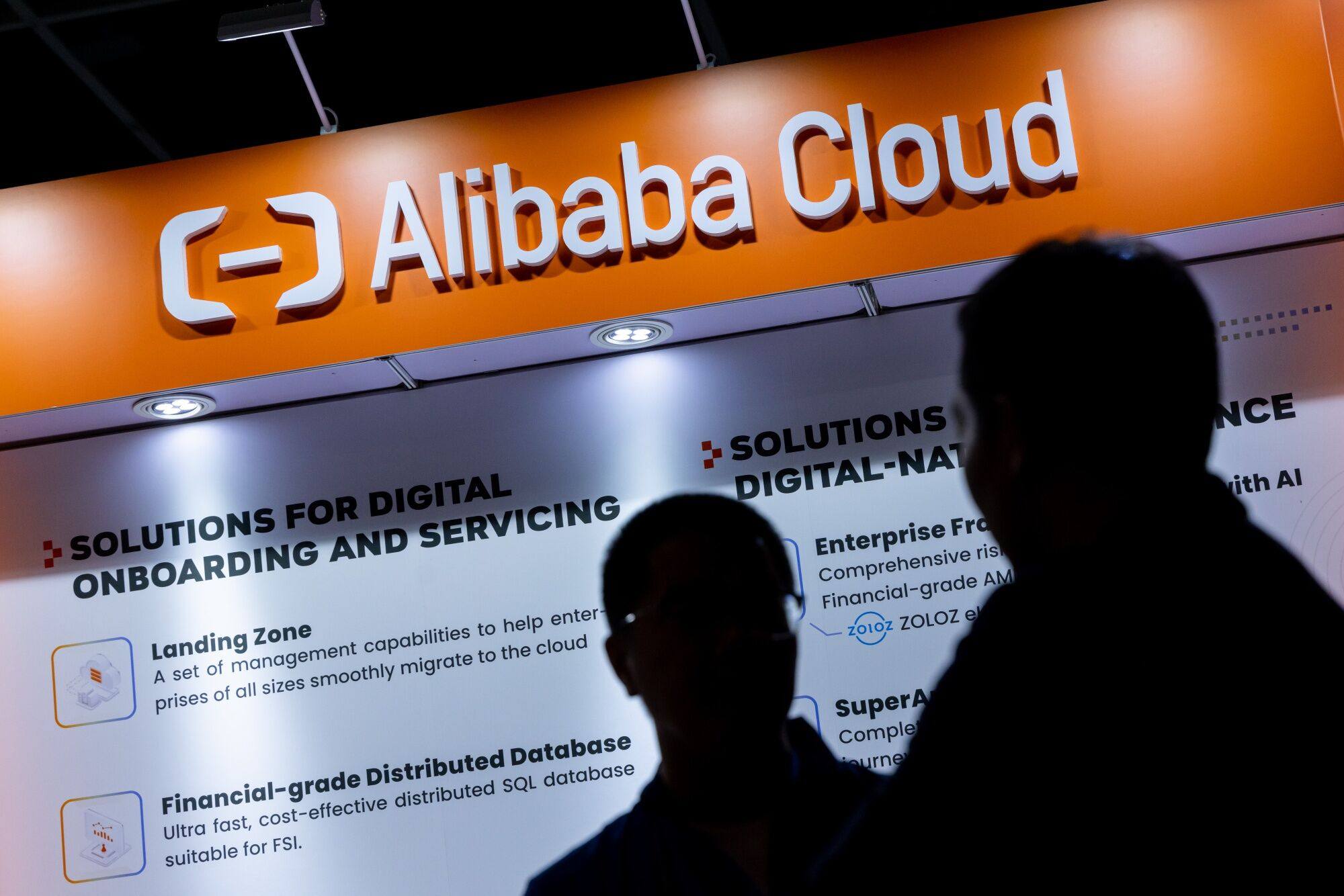
Despite the efforts, more needs to be done, as Chinese firms are “possibly two years behind” their US peers in AI development, Tsai said in the Norges Bank interview.

The shift in its restructuring strategy reflects Alibaba’s “process of readjustment after [a period of] trial and error”, said Chen Duan, director of the Digital Economy Integration Innovation Development Centre at the Central University of Finance and Economics in Beijing. “This not only involves a change in business ecology, but more importantly, the internal management structure and incentive system.”
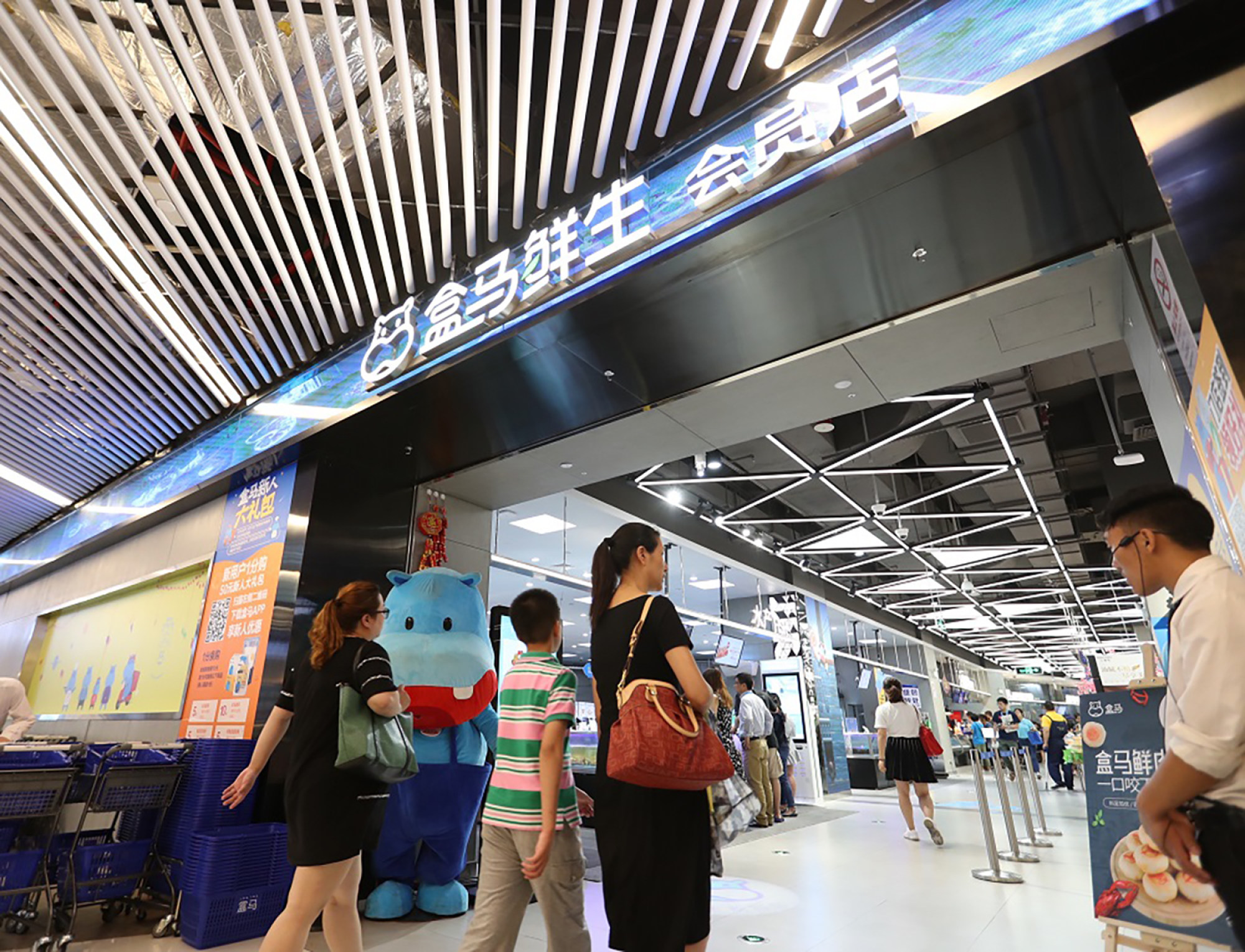
“Alibaba expanded a lot in offline retailing and paid a lot for these businesses over the past years,” Dolphin’s Li said. “Now they’ve become a burden.” He indicated, however, that divesting such assets could result in short-term pressure on the company’s earnings.

As a weak consumer sentiment lingers in its home market, Alibaba has boosted its efforts to expand e-commerce operations overseas.
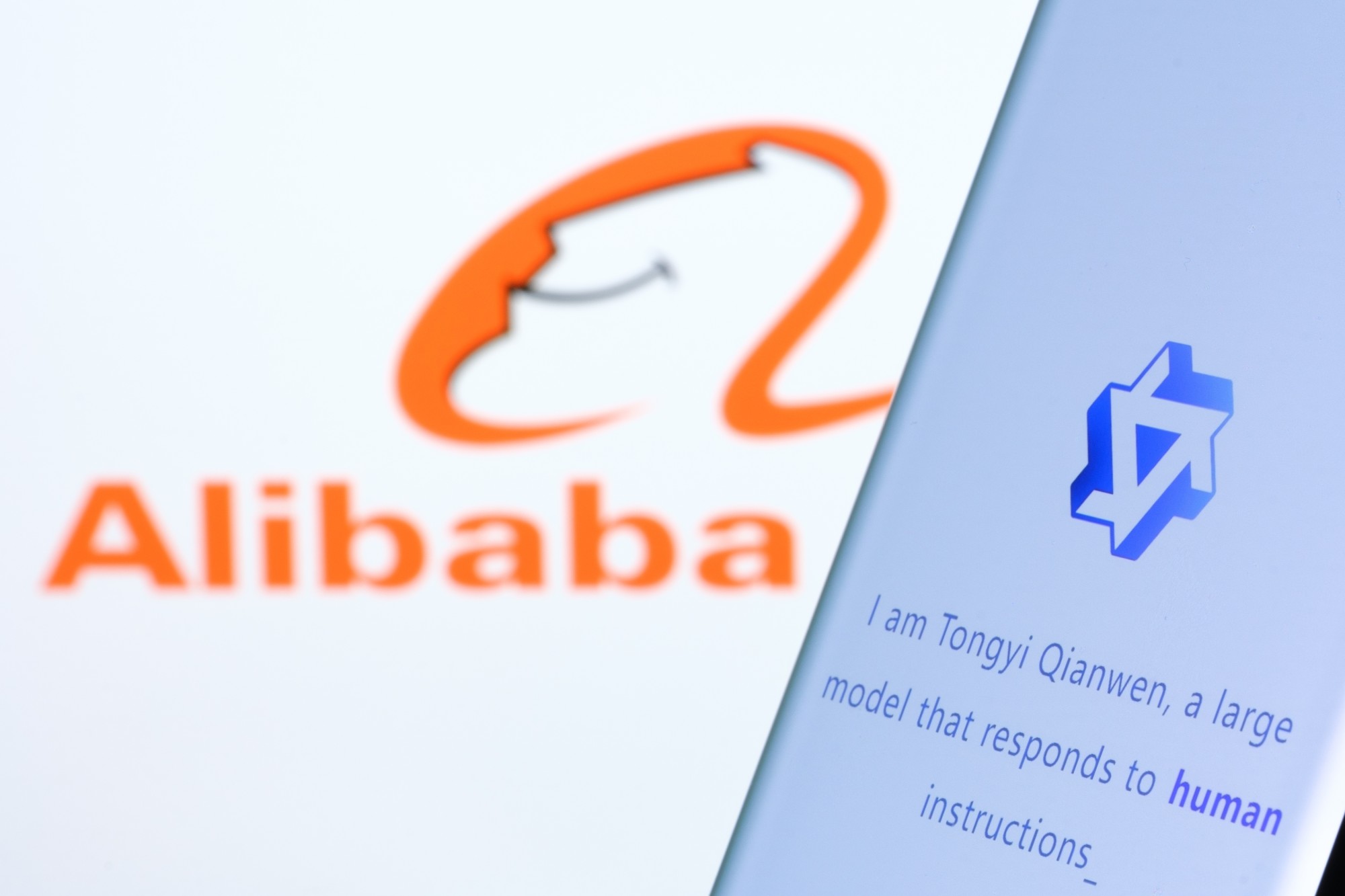
In the quarter ended December 31, the strong performance of AliExpress lifted revenue at Alibaba’s International Digital Commerce Group by 44 per cent to 28.52 billion yuan. AliExpress delivered year-on-year order growth of more than 60 per cent.
Beyond increased competition from the likes of Temu and Shein, escalating geopolitical tensions between Washington and Beijing have also posed a challenge to Alibaba in expanding its overseas operations, especially in the US.
“Just generally being a Chinese company in the US, we have to be very careful,” Tsai said in the podcast interview.
“For example we don’t have much of a consumer-facing business in the United States because of concerns about data privacy, cybersecurity and things like that,” he said. “These are some of the issues that we will have to navigate in the future.”
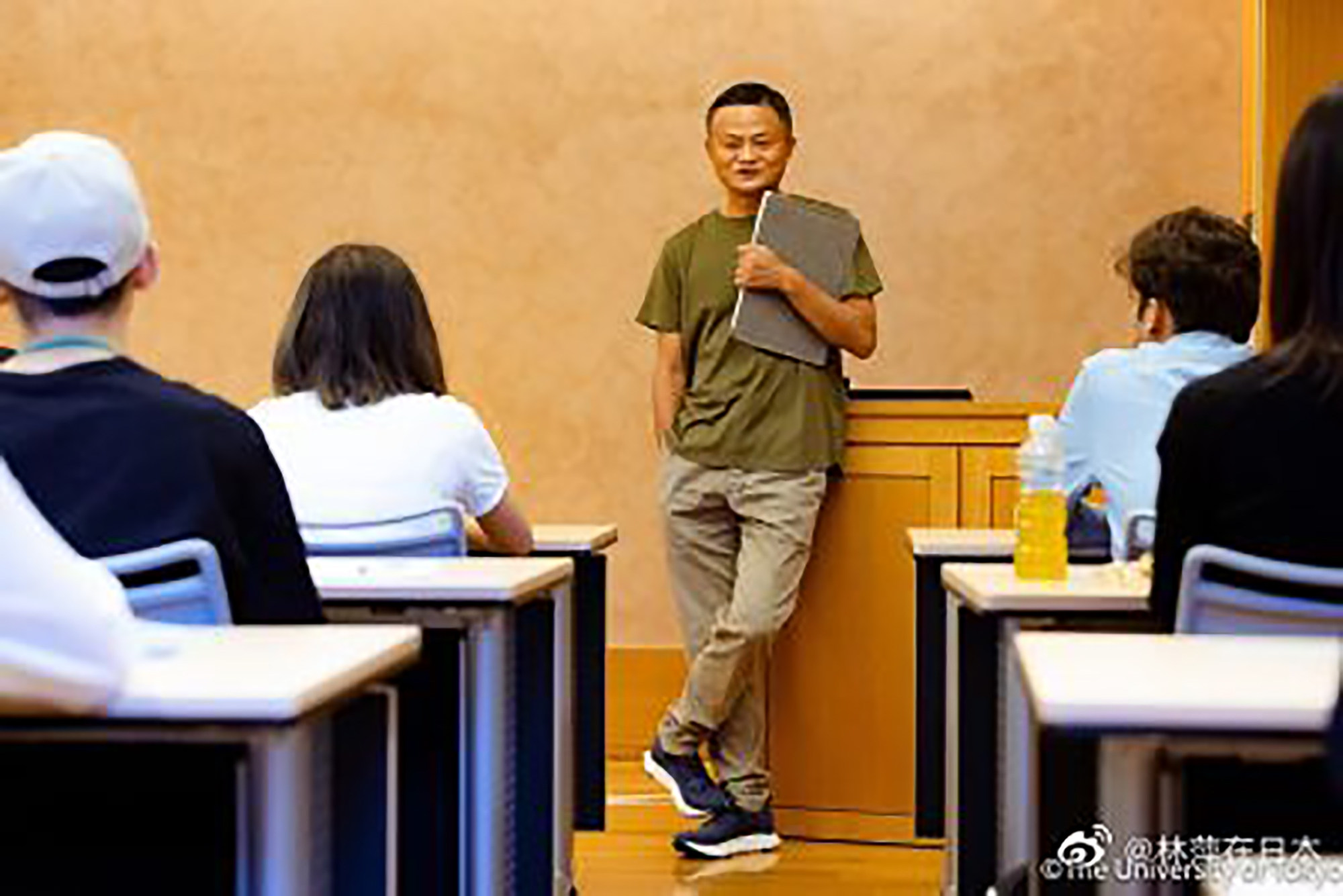
“For such a large ecosystem, there are so many things that can affect the whole group, whether it is a change in structure, personnel or products,” said Chen from the Central University of Finance and Economics.
Ma, who retired as Alibaba’s chairman in 2019, bought about US$50 million of shares in that quarter, which raised his stake beyond the 4.3 per cent reported at the end of 2021. It marked the first time in nearly 25 years that a Chinese investor owns the largest stake in Alibaba.
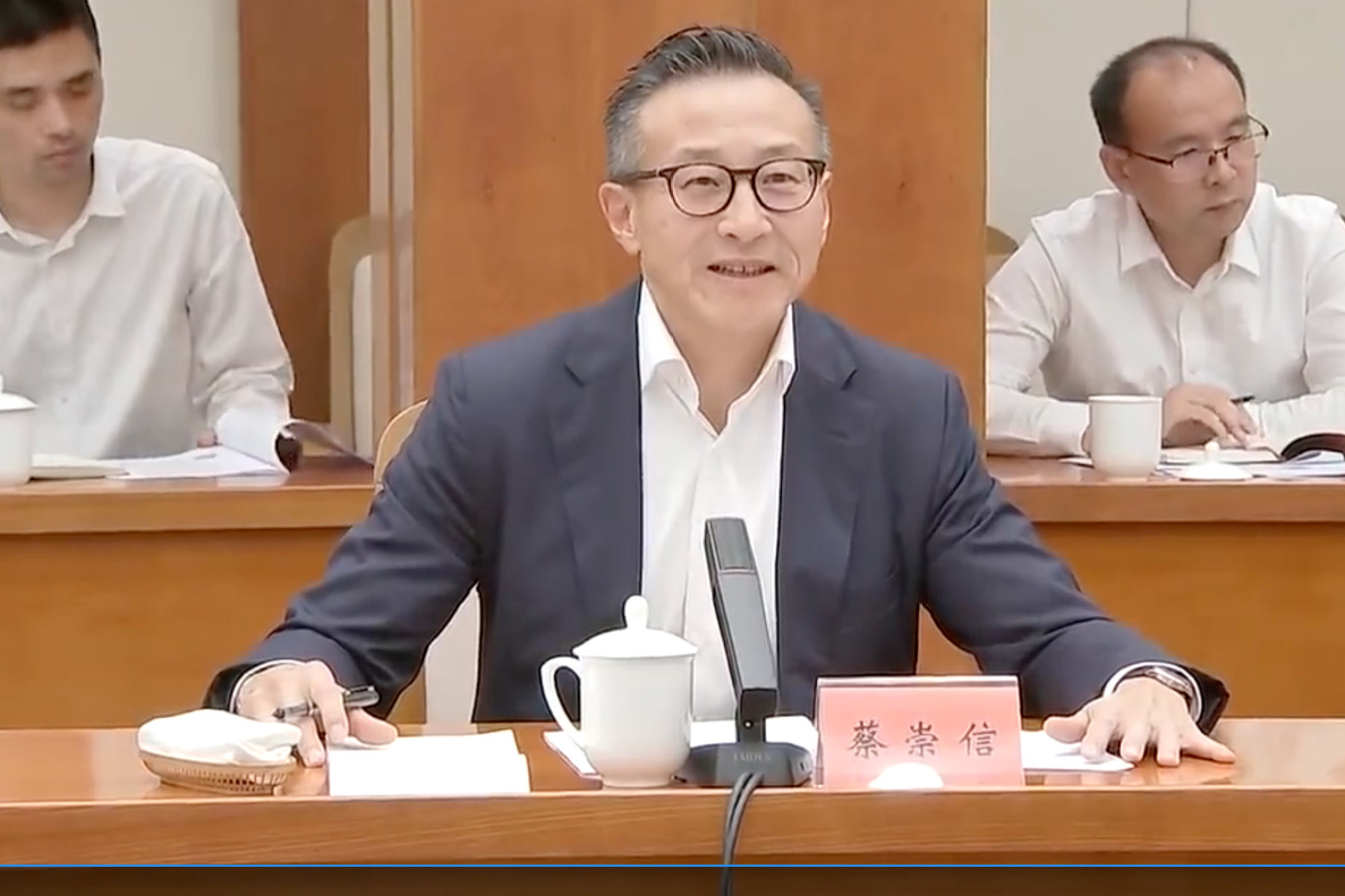
“Now with the restructuring and with the new management in place, we feel a lot more confident in placing as one of the top e-commerce players in China,” Tsai told US business news channel CNBC in February. “Where we didn’t feel as confident as before, we felt the competitive pressure, but now we’re back.”

